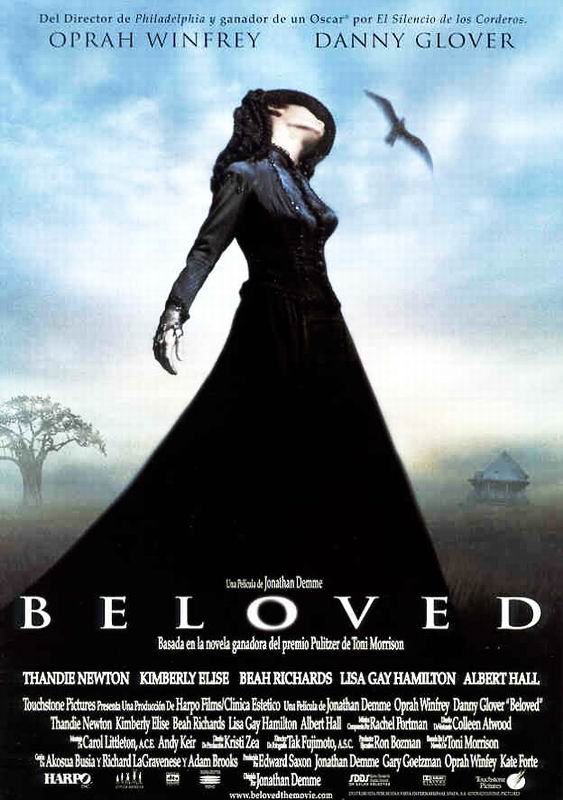In the vast landscape of literature, there are certain works that transcend mere storytelling to become profound explorations of the human condition. Toni Morrison’s “Beloved” is undeniably one of those works. Published in 1987, this Pulitzer Prize-winning novel is a haunting tapestry of memory, trauma, and redemption, set against the backdrop of post-Civil War America. Through the eyes of its characters, particularly Sethe, a former slave grappling with the specters of her past, Morrison delves deep into the wounds left by slavery, exposing the raw emotional scars that continue to shape the lives of African Americans. As readers immerse themselves in the richly textured narrative of “Beloved,” they are confronted with the profound truths of history and the enduring resilience of the human spirit.

Toni Morrison, born Chloe Anthony Wofford on February 18, 1931, in Lorain, Ohio, was not just a writer but a literary luminary whose impact reverberated far beyond the confines of the page. Morrison’s own journey—from her humble beginnings in the Midwest to her groundbreaking achievements as a Nobel laureate—mirrored the struggles and triumphs of the characters she brought to life in her novels. With a keen eye for the complexities of race, gender, and identity, Morrison fearlessly confronted the injustices of the past while offering glimpses of hope for the future. Her passing on August 5, 2019, marked the end of an era, but Morrison’s legacy as a trailblazer and a voice for the voiceless continues to inspire generations of readers and writers alike.
“Beloved” stands as a testament to Morrison’s unparalleled storytelling prowess and her unwavering commitment to truth and justice. Through her lyrical prose and unflinching portrayal of the human condition, Morrison invites readers to bear witness to the pain and resilience of those who have been marginalized and oppressed. As we navigate the labyrinth of Sethe’s memories and confront the ghosts of America’s past, we are reminded of the enduring power of literature to illuminate the darkest corners of history and to offer solace and healing to those who have suffered. In the words of Morrison herself, “We die. That may be the meaning of life. But we do language. That may be the measure of our lives.”



